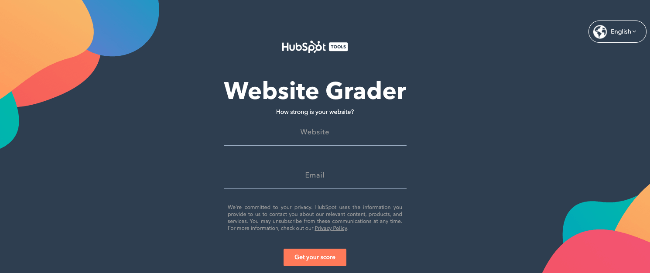SEO Auditing: 5 Vital Areas Recruiters Must Check
Staying visible online is one of the secrets to recruitment success. If employers and candidates can easily find you on the Internet, you’ll have more chance to attract traffic and win leads. There are many ways to stay visible online. You can interact with your audience through social media. You can also use paid advertisements to let employers and job seekers know about the services you’re offering.
One of the most effective ways to enjoy constant online visibility, however, is through search engine optimisation or SEO. By landing on the first page of Google, it will be easier for you to attract the attention of your target audience and generate enquiries.
How to Perform an SEO Audit
However, search engine optimisation is more than just ranking well on Google. It is an on-going process that requires you to continuously polish your SEO strategies to keep up with Google’s ever-changing search algorithms. As part of this process, it’s crucial to perform an SEO audit to ensure that your recruitment website is on the right track.
In this recruitment online marketing guide, we’re going to discuss some of the most critical areas you should check when gauging your website’s search engine-friendliness. We’ll explain how examining these areas can help prevent minor technical and content-related issues from hurting your website.
1. Page loading speed
A crucial Google ranking factor, page loading speed can make or break your website. It is because the longer it takes for your site to load, the more likely your visitors will leave. A page loading time that is longer than five seconds gives you a 90% chance of losing visitors.
Apart from causing you to lose your audience’s interest and visits, a slow website can also lead to poor SEO. In return, poor SEO could result in lower search rankings, higher bounce rates, and fewer traffic and conversions. This is why it’s crucial to check your page loading speeds from time to time to ensure your site’s accessibility. Optimising image makes the page load faster.
2. Keyword ranking
Keeping track of your keyword rankings is also essential. You need to know how your recruitment website is performing based on the keywords you’re trying to rank for. This is to ensure that you’re receiving a considerable amount of organic web traffic.
If you find that you’re not performing well for the keywords you’re using, conducting keyword research will help. By doing keyword research, you can identify the best keywords to use and the topics that interest your audience. This enables you to respond well to search queries. It also allows you to create content that matches your audience’s search intent, both of which can help you get better Google rankings.
3. Mobile-friendliness
There has been an explosion of mobile Internet users over the last few years. At the rate in which telecommunications technology is developing, it is expected to continue in the future. In the next five years, 72.6% of online users, or as many as 3.7 billion people, are likely to access the Internet through mobile devices.
For this reason, it’s vital to keep a close eye on your mobile-friendliness. Ensure that your site can be viewed well regardless of screen size. It also helps to avoid long-scrolls in your web design. Google has a handy online resource that you can use to identify the steps you need to take to make your website more mobile-friendly.
4. Page structure
The page structure serves as the foundation of your website. It includes critical SEO elements such as your site navigation and internal linking profile. It has a direct impact on your keyword ranking, as well as your user engagement and experience. This is why you must ensure that your page structure is technically sound.
HubSpot’s Website Grader is a free online resource that you can use to determine if your site has a sound page structure. It also allows you to identify SEO opportunities and helps you learn how you can further improve your website, structure-wise.
5. Content relevance
Just recently, Google launched a major algorithm update called BERT (Bidirectional Encoder Representations from Transformers). BERT is designed to help machines understand the meanings of words used in a sentence depending on nuance and context. Because of this, it isn’t enough that you create content with relevant keywords. It’s also crucial to create content that matches the search intent of candidates and employers and is relevant to the industry you specialise in.
To optimise your content for search intent, here’s a quick guide:
- Conduct a Google analysis of the keywords you’re targeting.
- Identify the types of content that interest your audience.
- Determine the keywords that are semantically related to the keywords you want to rank for.
- Craft content with your audience’s questions and concerns in mind.
- Add your main and semantically related keywords to your content.
Continuous Improvement is Key
Because SEO is an on-going process, you need to keep a close eye on your recruitment website and all of its vital components. Performing an SEO audit certainly helps keep your site on the right track. By knowing which part of your website requires improvements, it will be much easier for you to make the necessary corrections to keep it in tip-top shape.
If you need help performing an SEO audit, our SEO specialists here at Recruitment Traffic are happy to assist you. Contact us today to obtain the expert assistance you need.
Drive Your Recruitment Business Towards The Best Results.
Talk to us about how we can help.








